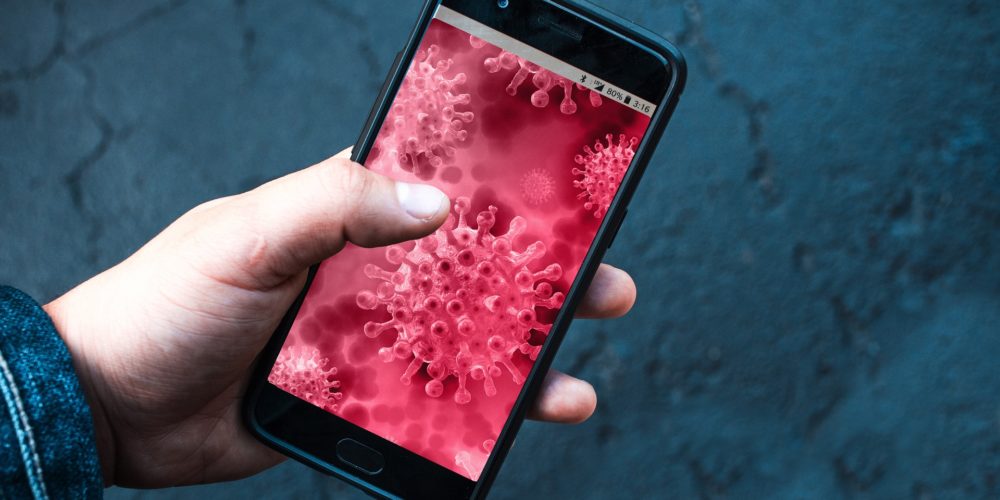
Will I be contacted if I have been exposed to COVID19?
Millions of people have been involved in contact tracing within the last year. But for those who are unsure of the term, contact tracing is the process of notifying individuals who have had exposure to any infection disease, including COVID-19. The job of a contact tracer is to address questions and concerns, refer individuals to COVID-19 testing, encourage quarantine, monitor symptoms, and assess individual needs for additional supportive services during the quarantine period.
Have you asked yourself, “What if I have been around someone who was identified as a close contact to a person with COVID19?” Well, if you have, more than likely, you will be connected by a contact tracer. Let’s review a few common questions about contract tracing and what happens once you’ve been exposed to COVID-19.
Will I be contacted if I have been exposed to COVID19?
If you have been in close contact with someone who has the COVID-19 you will likely be connected by a public health worker to inform you that you may have been exposed to the virus; however, this can vary from state to state.
Note this: any information that you share with public health workers is completely confidential. Your personal and medical information will be kept private. If support or assistance with self-quarantine is needed, your health department or community organizations might be able to give you assistance. When a public health worker notifies you of your exposure, they can provide you with information about COVID-19 testing in your area.
Here are action steps to take after being exposed to COVID-19:
- If you have been exposed to someone who has COVID-19, you should stay at home and self-quarantine for at least 14 days, starting from the most recent day you were possibly exposed.
- Staying home for 14 days if you think you’ve been exposed to someone who has COVID-19 is the best way to protect yourself and others. Check your local health department’s website for information about options in your area to possibly shorten this quarantine period.
- Take your temperature twice a day.
- Watch for fever and/or other symptoms of COVID-19. If you develop symptoms, and notify your local health department.
- If you become ill during the 14 days of your self-quarantine, note this on the contact tracing survey and seek medical care if your symptoms worsen or become severe. Emergency warning signs include:
- Trouble breathing
- Persistent pain or pressure in the chest
- Confusion
- Inability to wake or stay awake
- Depending on skin tone: Pale, gray, or blue-colored skin, lips, or nail beds
What is close contact in terms of COVID19?
The CDC defines close contact through proximity and duration of exposure to the individual with COVD-19. A close contact is defined as “someone who was within 6 feet of an infected person for a cumulative total of 15 minutes or more over a 24-hour period is a close contact.” Here’s an example, an individual can have three separate 5-minute exposures within the same day for a total of 15 minutes and still be considered close contact.
How long will it take for my contacts to be identified after being exposed to COVID19?
Your local health department will contact you if you’ve been diagnosed with COVD-19. They will ask you who you’ve been in close contact with and then within 24 hours, alert those people that they may have been exposed to COVID-19. HIPPA law limits contact tracers so they can not share the name of the person who exposed them — making the contact tracing process completely anonymous and confidential. Contact tracing is voluntary.
Get tested for COVID-19 with BioCollections
Have you been exposed to COVID-19? It’s important to stay home, self-quarantine, and monitor your health for any symptoms or worsening effects of the virus. If you’re in need of a PCR test to see if you have COVID-19, you can trust BioCollections.
When it comes to PCR testing, BioCollections Worldwide provides high-quality, trusted services. BioCollections WorldWide has been developing accurate testing for diseases for more than 20 years. As soon as we saw the possibility of COVID-19 spreading, we began developing a test. Our labs can provide quality PCR test results you can trust in about 12 hours, giving you the results you need as quickly as possible.
BioCollections Worldwide has testing centers located in the following metropolitan areas:
- Miami
- Tampa
- Orlando
- Los Angeles
- Las Vegas
- Oakland
- Affiliates and subsidiaries in Central America, South America, Europe, Africa, and Asia
Our COVID-19 testing locations and labs are dedicated to providing customer-oriented solutions to make this process as quick and easy as possible for you. No matter why you need a PCR COVID-19 test, we are here to help.
